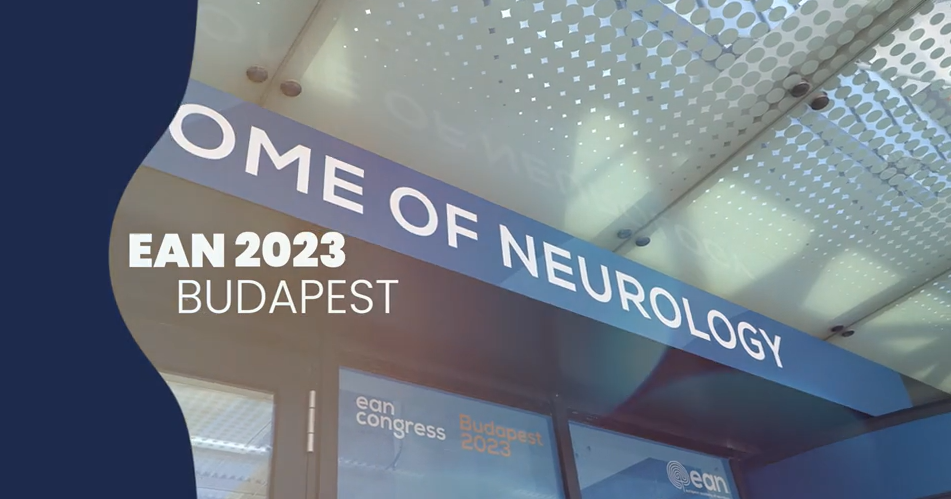In a new consensus statement, the American Headache Society recommends CGRP-targeting therapies as first-line options for migraine prevention, alongside existing treatments, without necessitating prior failure of other preventive treatments.
The statement, published in Headache: The Journal of Head and Face Pain, was based on the results from randomized placebo-controlled trials, post hoc analyses, open-label extensions and both prospective and retrospective observational studies, sourced from PubMed, Google Scholar and ClinicalTrials.gov. The Board of Directors of the American Headache Society analyzed these results to ensure they align with clinical experience and to achieve consensus.
Key points:
-
- Substantial evidence supports the efficacy, tolerability and safety of CGRP-targeting therapies.
- These therapies include monoclonal antibodies (erenumab, fremanezumab, galcanezumab, eptinezumab) and gepants (rimegepant, atogepant).
- The evidence for CGRP-targeting therapies surpasses that of previous migraine preventive treatments.
- Consistent positive results are confirmed by extensive real-world clinical experience.
- CGRP-targeting therapies have efficacy and tolerability equal to or greater than traditional first-line treatments.
- Serious adverse events associated with CGRP-targeting therapies are rare.
The American Headache Society’s updated position underscores the significant advancements in migraine prevention provided by CGRP-targeting therapies. With robust evidence supporting their efficacy, safety, and tolerability, these therapies should be considered as first-line options, offering a promising alternative to traditional treatments for individuals suffering from migraines.
Disclosure: This article was created by the touchNEUROLOGY team utilizing AI as an editorial tool (ChatGPT (GPT-4o) [Large language model]. https://chat.openai.com/chat.) The content was developed and edited by human editors. No funding was received in the publication of this article.









